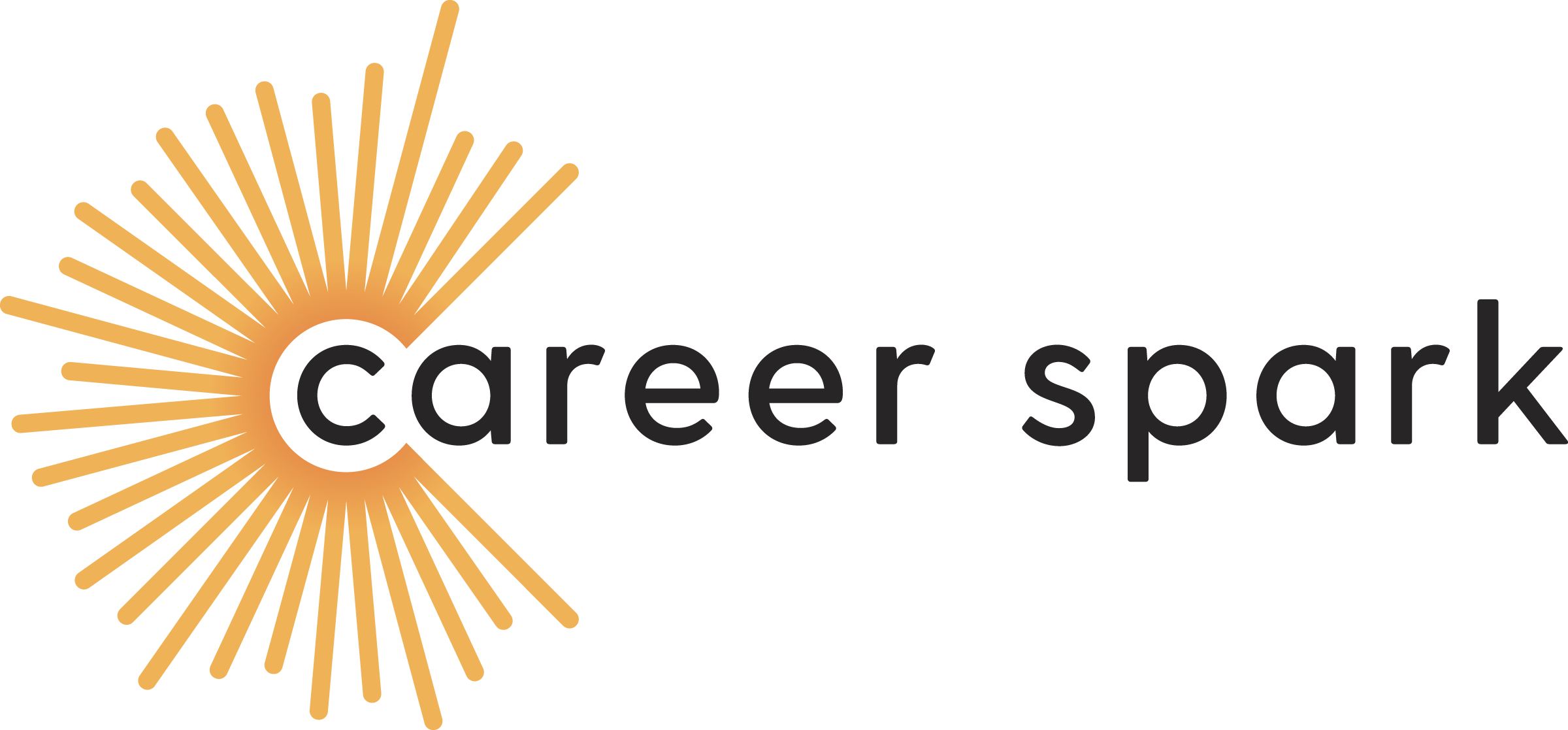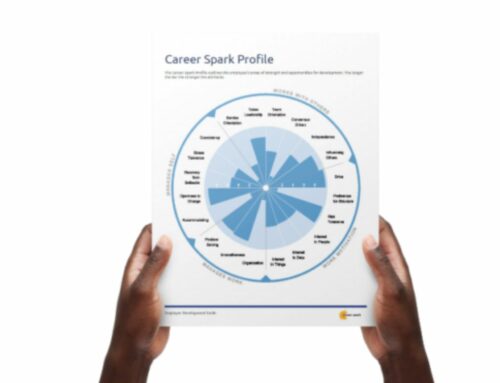Four research-backed ways to improve your candidate experience.

Right now, we’re in a candidate-driven market. Employers everywhere have tons of roles to fill but are struggling to find top-tier candidates. As a result, employers need to be on their A-game to compete and attract the best talent.
That doesn’t just mean offering higher salaries and better benefits. Your candidate experience is one of the most crucial aspects of talent attraction. From your career site and job postings to your interview process, every touchpoint you have with a potential candidate can either increase their interest in working with you or drive them away.
And getting this wrong can be costly. Losing candidates to a negative experience doesn’t only hurt your employer brand. It also means you’ll likely have to settle for your second or third choice, which could lead to further costs down the road if the hire isn’t a great fit. Take Virgin Media, for example. In 2015, the media company learned they were losing more than $6 million annually in sales revenue due to poor candidate experiences.
So how can employers improve their candidate experience? Well, first, you need to understand where to focus your efforts. Most HR departments are obsessed with processes and numbers. They think speeding up hiring times or getting more people in the funnel will fix all of their candidate experience issues.
Unfortunately, this isn’t a numbers game, and there’s no one-size-fits-all magic bullet solution. To improve your candidate experience, you need to remember that hiring is a two-way street. Your candidate is assessing you just as much as you’re evaluating them, so you need to make sure that every step of the process is meaningful and impactful and keeps both your organization’s and your candidate’s best interests in mind.
Based on the 2020 North American Talent Board Candidate Experience (CandE) Benchmark Research Report, here are four research-backed ways to improve your candidate experience.
1. Be transparent and accountable.
Nobody wants to be left in the dark or feel like they’re jumping through hoops for no reason. That’s why it is so important to be transparent and accountable throughout your hiring process. When candidates receive any information about the next steps and are followed up with by the recruiter or HR professional consistently, their willingness to increase their relationship with the employer rises 52%.
You can start by creating clear and accurate job postings and being upfront about compensation. Then, in the later stages, make sure your candidates understand all of the hiring steps and the value of each one so they don’t feel like you’re wasting their time. You should also inform them about any delays or hiccups in the hiring process. For example, your candidates would rather hear you say that you’ve put hiring on hold than not hear back at all.
2. Communicate frequently and consistently.
Almost two-thirds (63%) of candidates say most employers don’t communicate adequately, and 53% of applicants said they didn’t receive a response from employers until three months after applying. So from pre-application to onboarding, your communication needs to be consistent across your hiring process.
For example, you can use automated tools like chatbots and text campaigns in the early stages to answer candidate questions or send reminders about next steps. In the later stages, hiring managers should personally reach out to top candidates to keep them in the loop and ensure they feel prioritized.
3. Set clear expectations (and stick to them).
Don’t leave your candidates hanging! According to TalentBoard, the top three reasons why candidates withdrew from the recruiting process in 2020 were:
- Their time was disrespected during interviews and appointments (50%)
- The recruiting process just took too long (25%)
- Salary didn’t meet expectations (19%)
Fortunately, an easy way to avoid these traps is to set clear expectations throughout the hiring process. For example, make sure your candidates know how long the hiring and interview process will take, when they’ll hear from you, what you expect from them, and so on. Also, make sure you follow through on what you tell them you’re going to do.
4. Ask for and provide feedback.
As mentioned earlier, your candidate experience should be a two-way street, and feedback is no exception. As anybody who’s been through a long job hunt can tell you, it can be demoralizing and frustrating to apply for jobs constantly and go on interviews and not get any offers (or any insight about why you keep getting rejected).
Even if you decide to go with a different applicant, your late-stage candidates will appreciate feedback on why they didn’t get the role and what they can do to improve. According to TalentBoard, the number of candidates reporting a positive experience increased by 15% when they received specific feedback on their job fit and 20% when given feedback on an assessment.
Improving Candidate Experience Isn’t About Processes – It’s About Mutual Respect and Understanding
We all want to feel like we matter. That our efforts, our time, and our contributions matter. When your candidates take the time to apply for a job and don’t receive timely responses about what they should do next, when they’ll hear from you, or why they didn’t get the job, you’re subconsciously telling them that they don’t matter. And that doesn’t ever feel good.
At Career Spark, we are focused on helping you build a more candidate-centric hiring process by providing valuable data on what success looks like for every role in your company. When you know exactly what type of professional you’re looking for and why, you can optimize every facet of your hiring process. You can write better job descriptions, conduct better interviews, and ultimately make better hiring decisions.
When you look at all of the points above, you can see a clear common thread: improving your candidate experience comes down to treating your people like people. And Career Spark can empower you to do just that.













